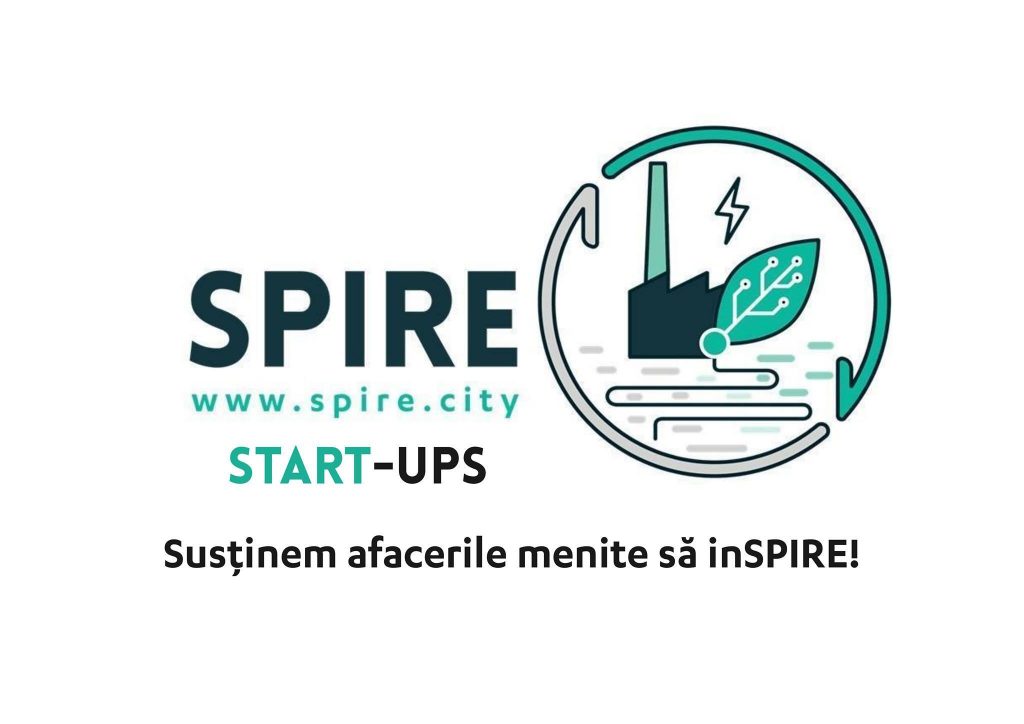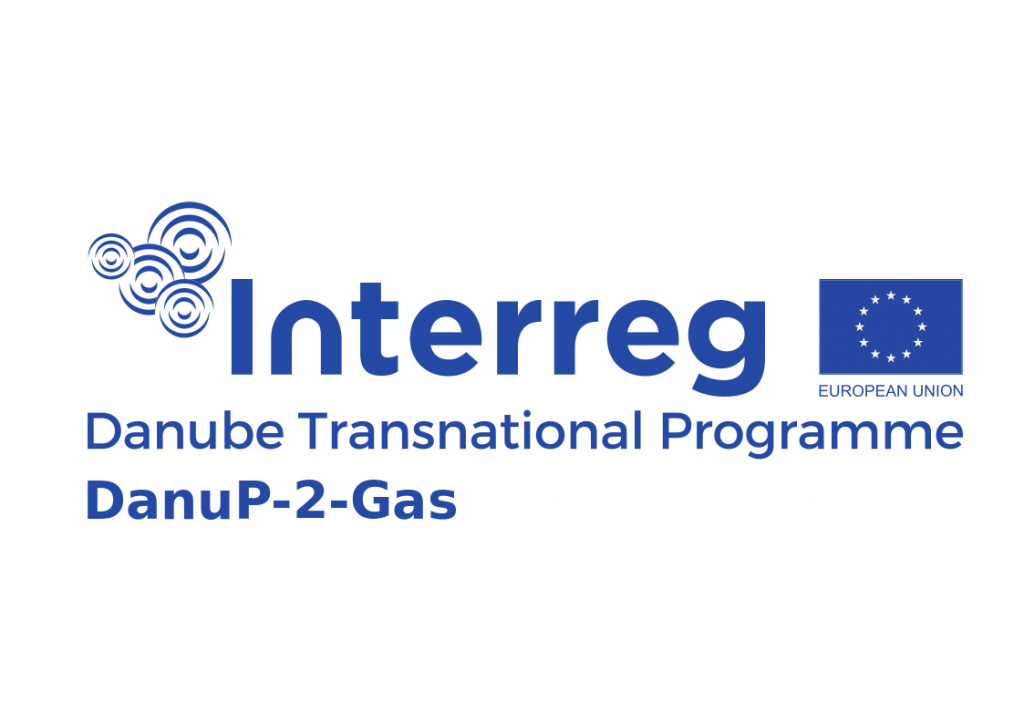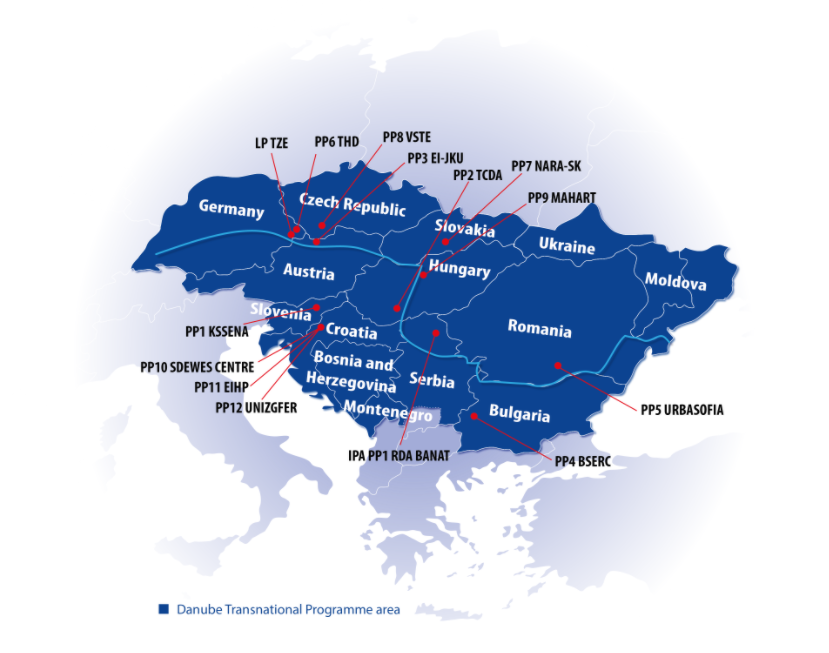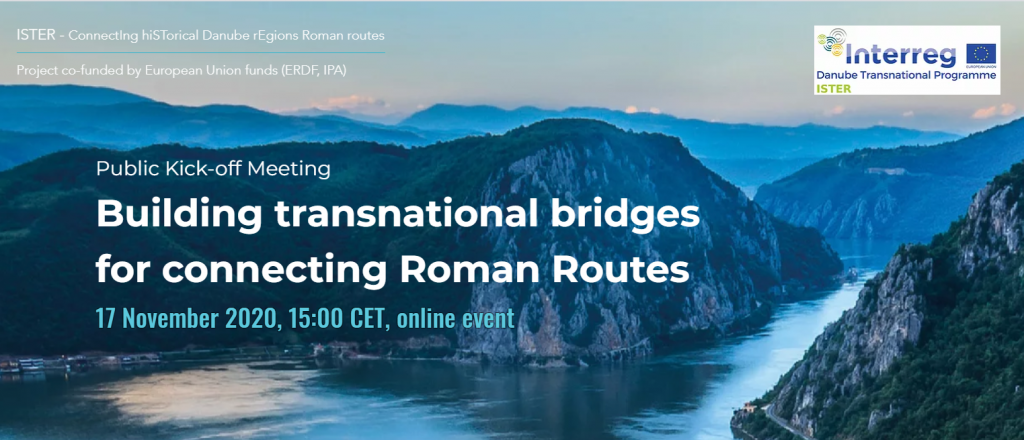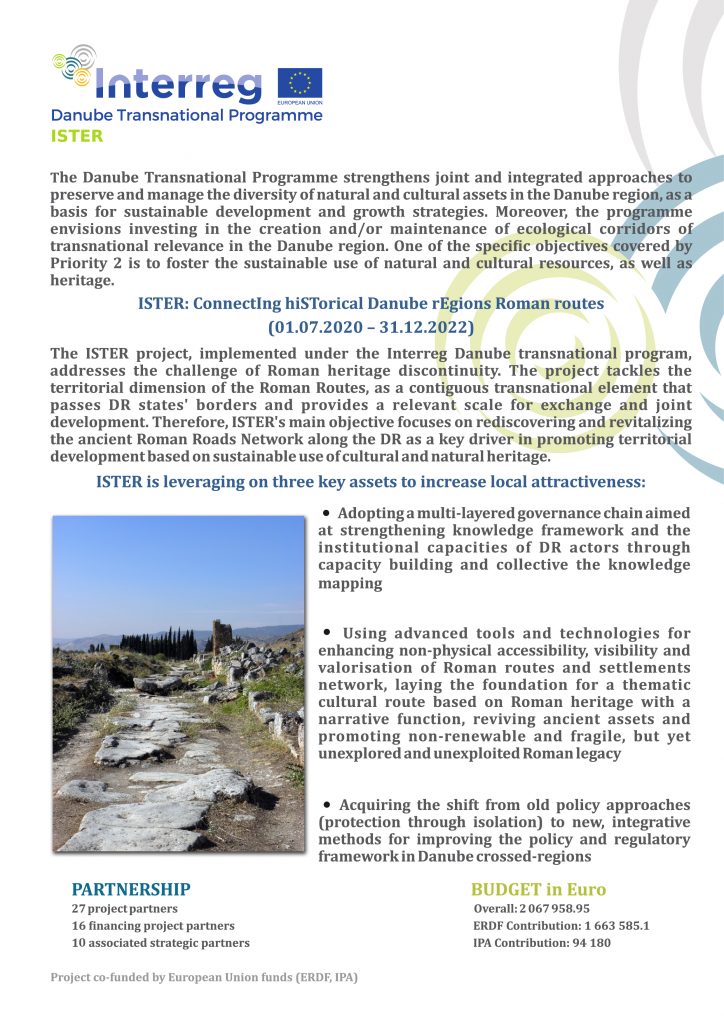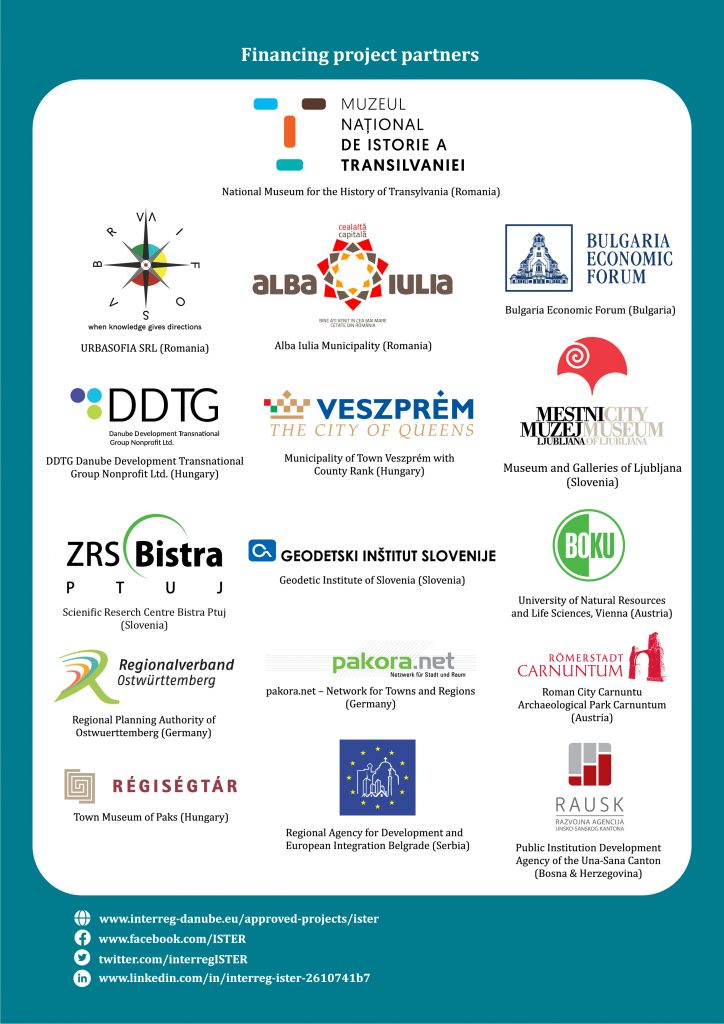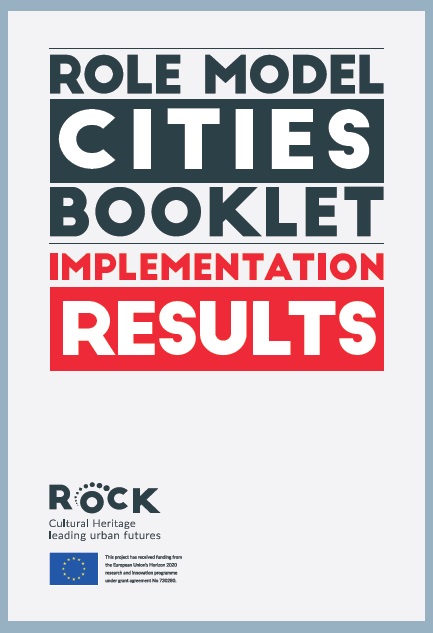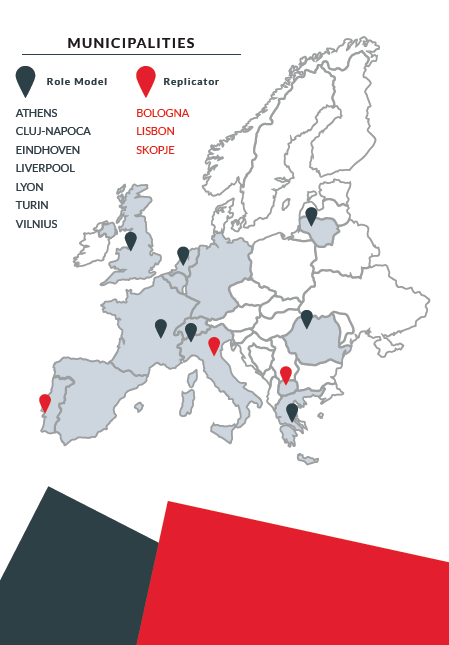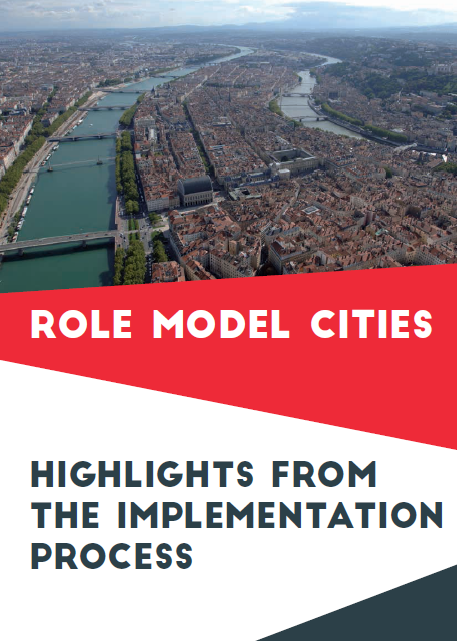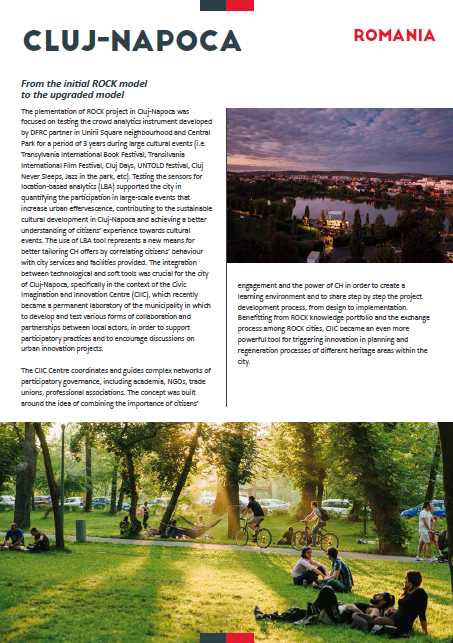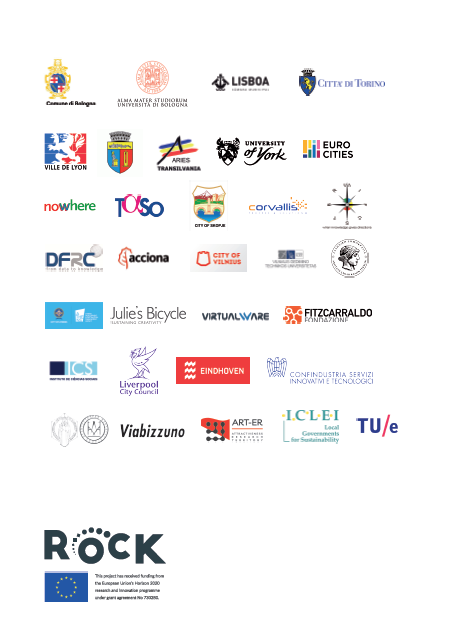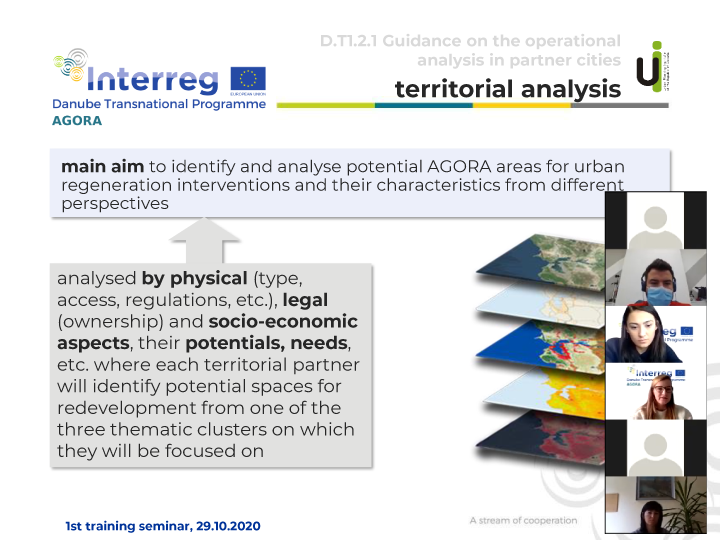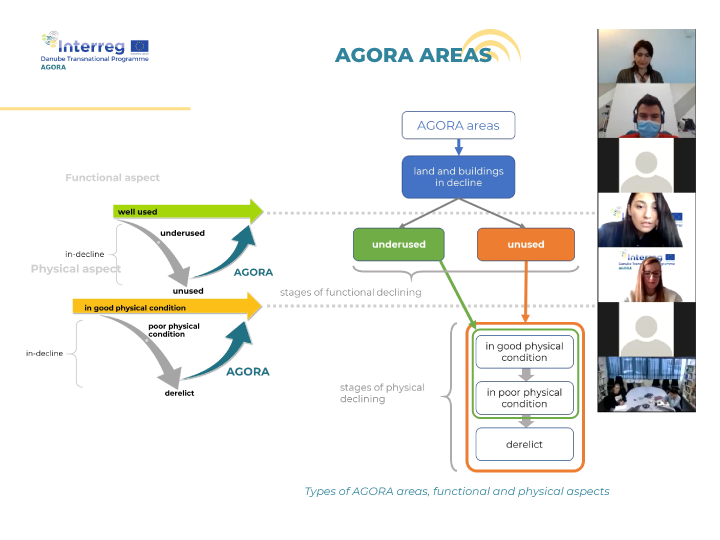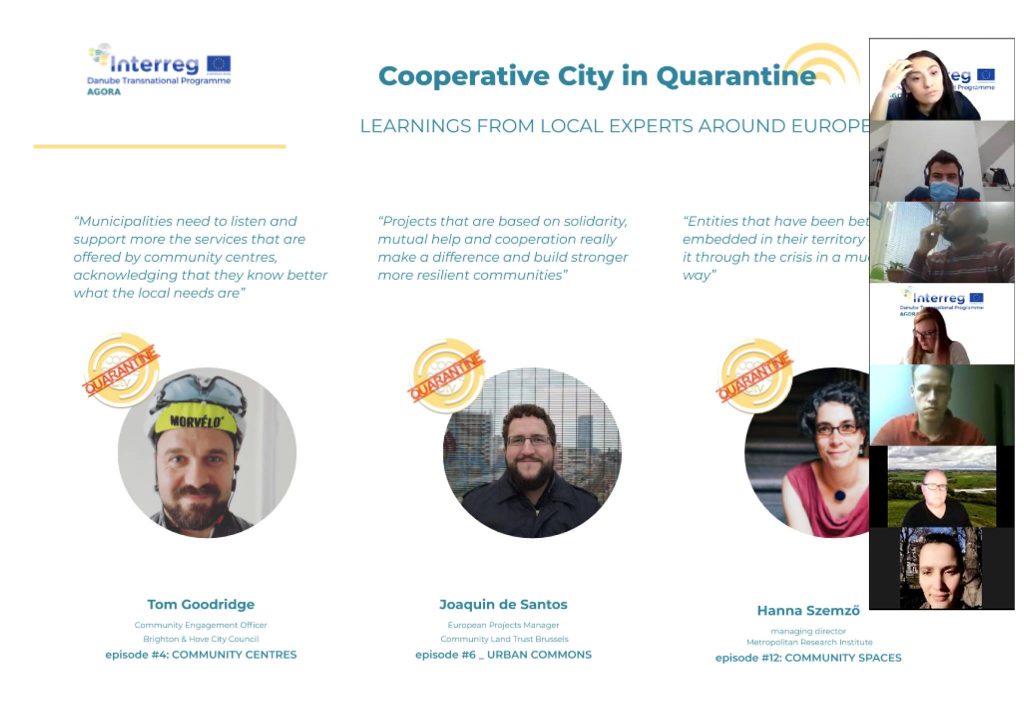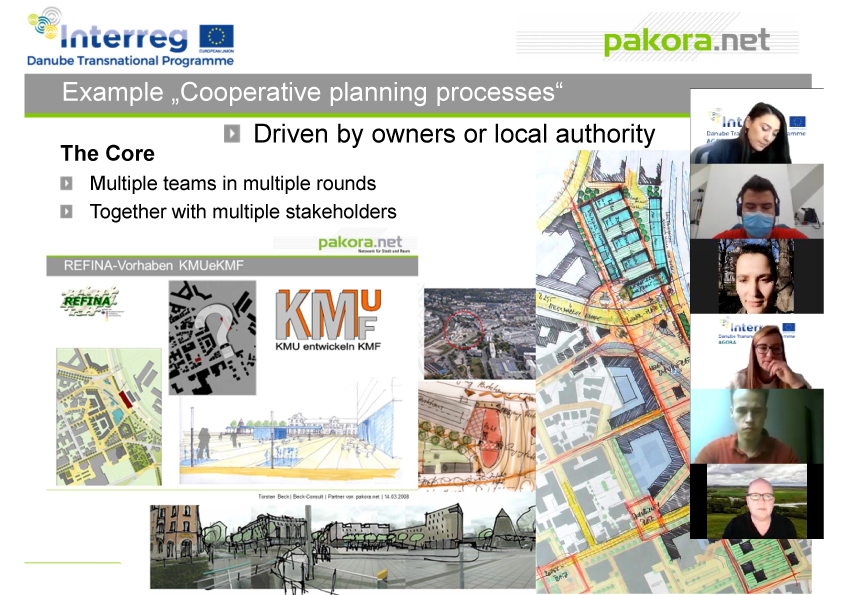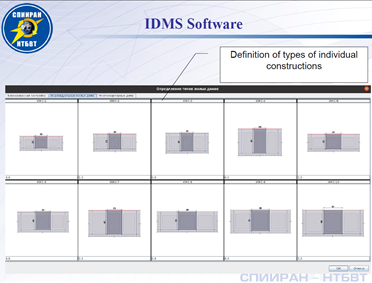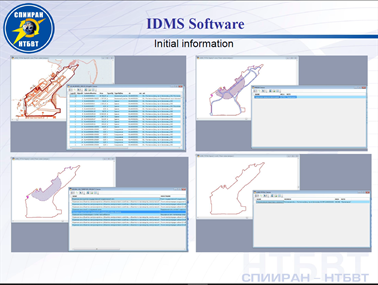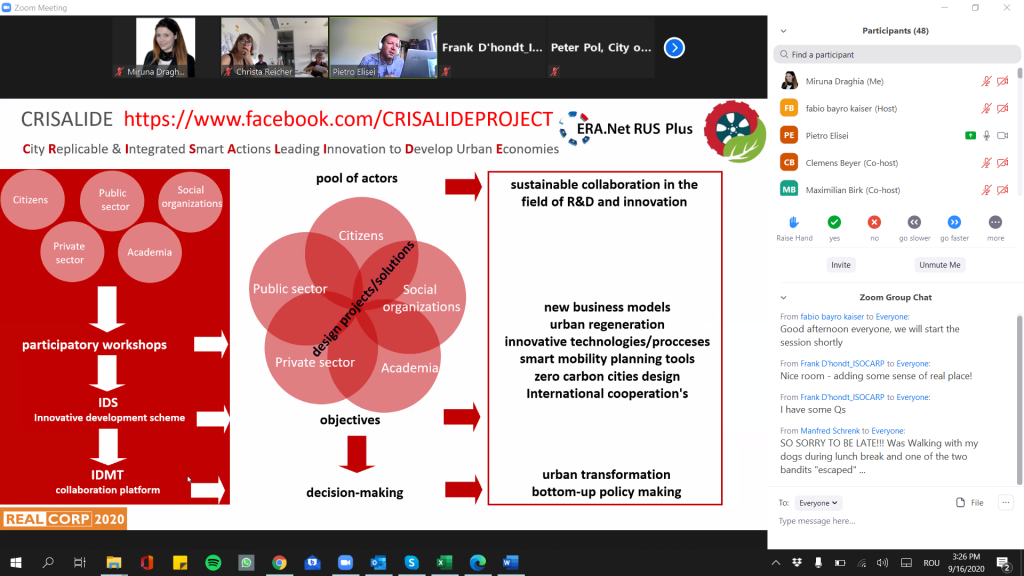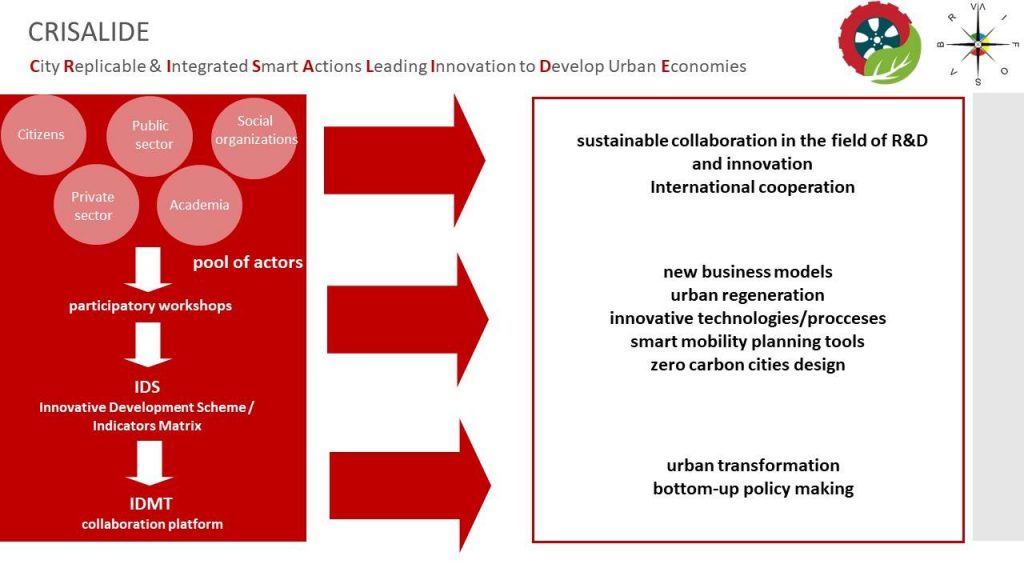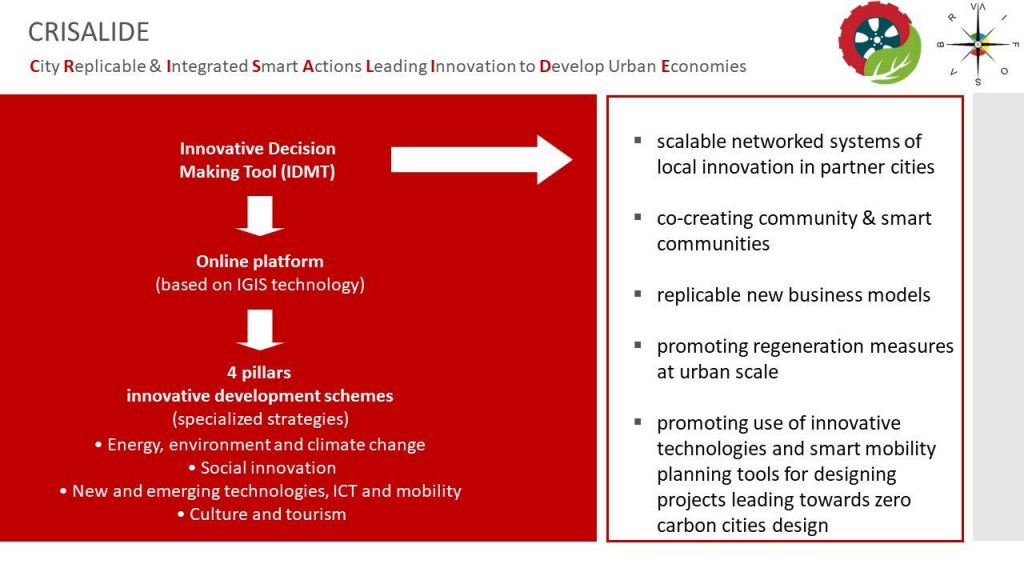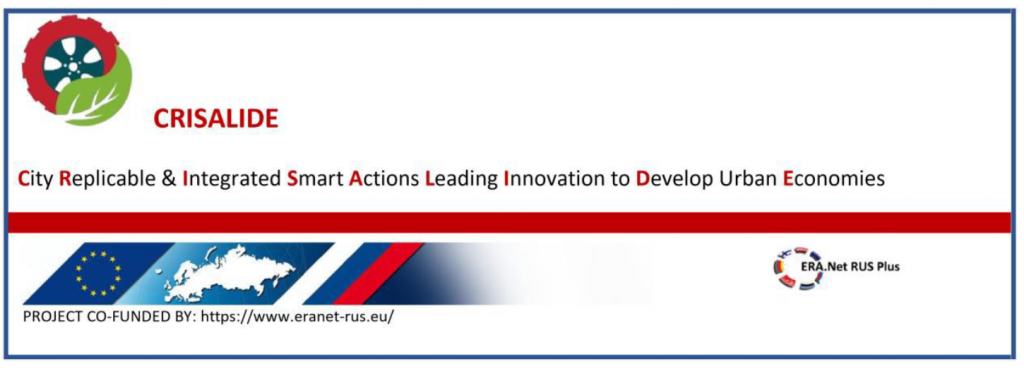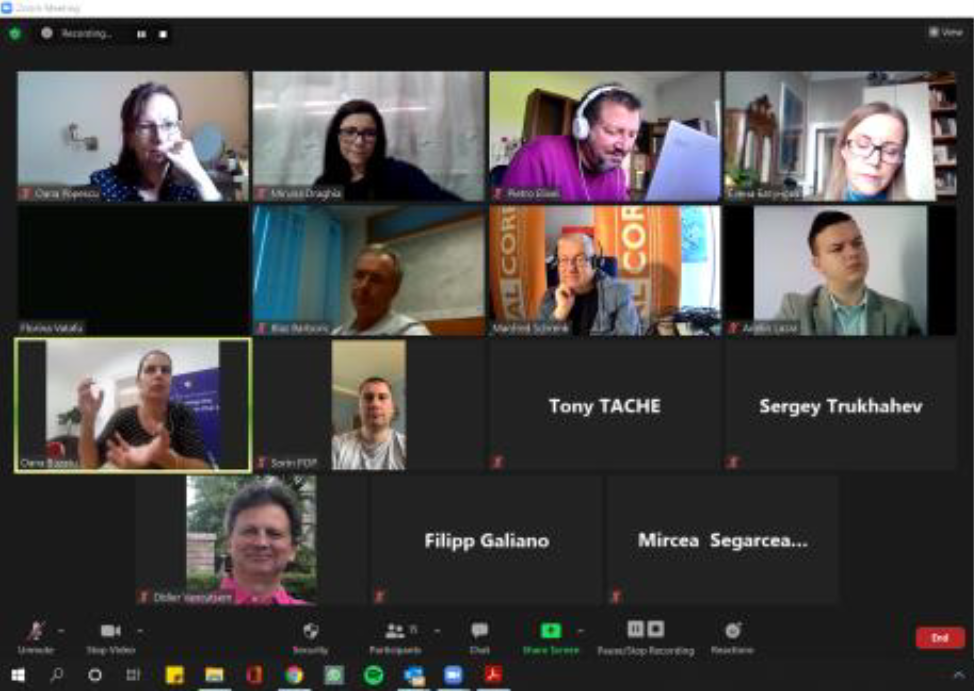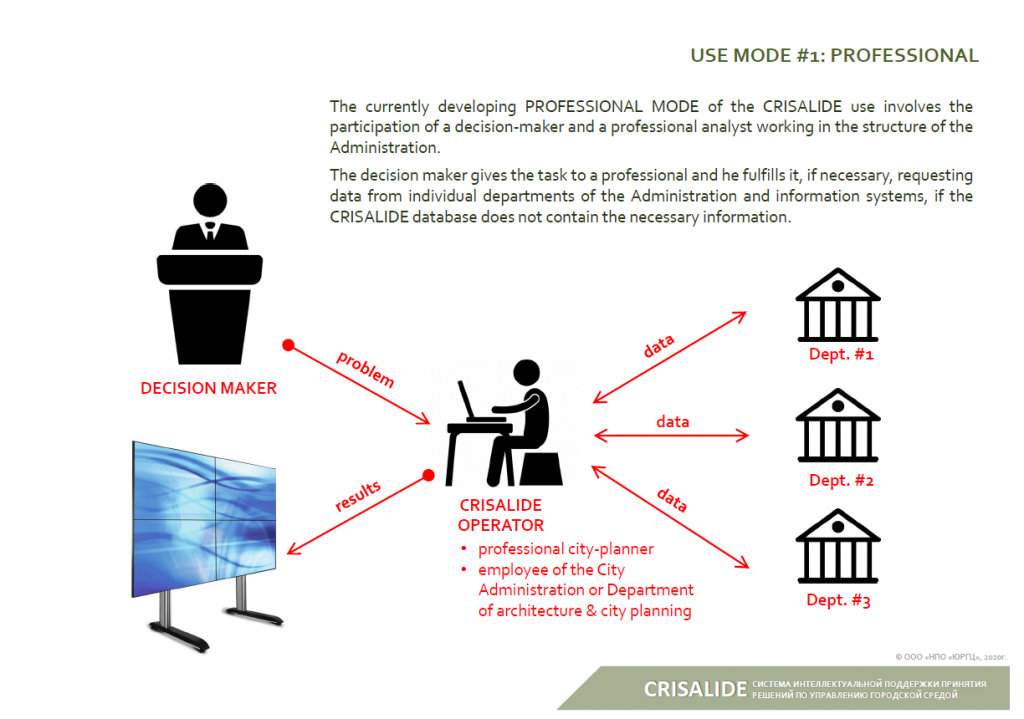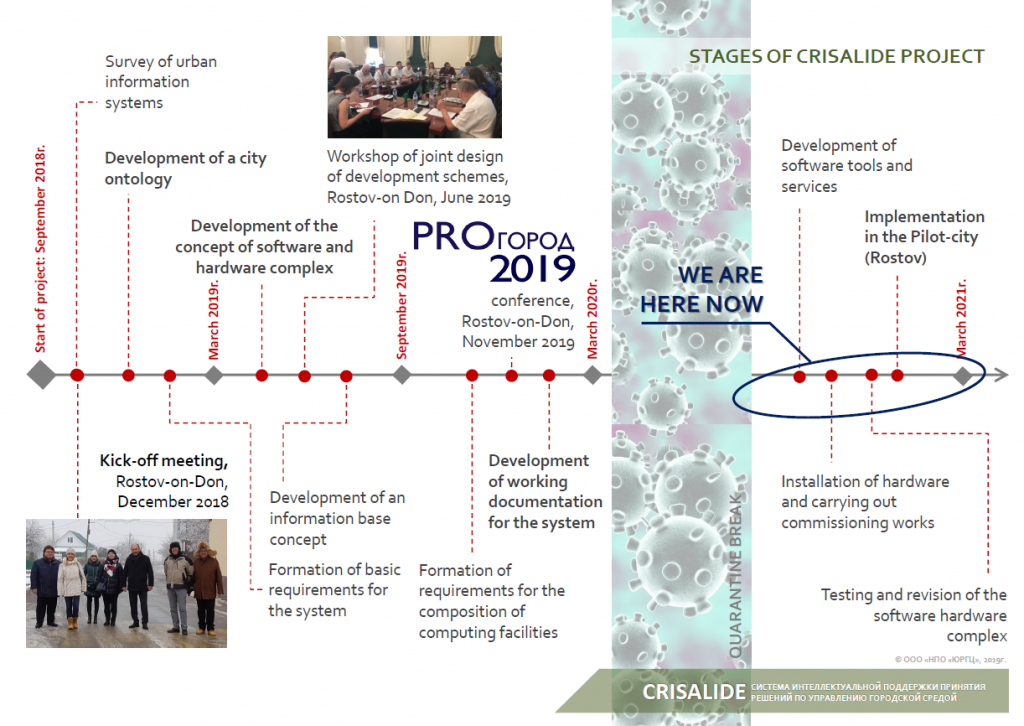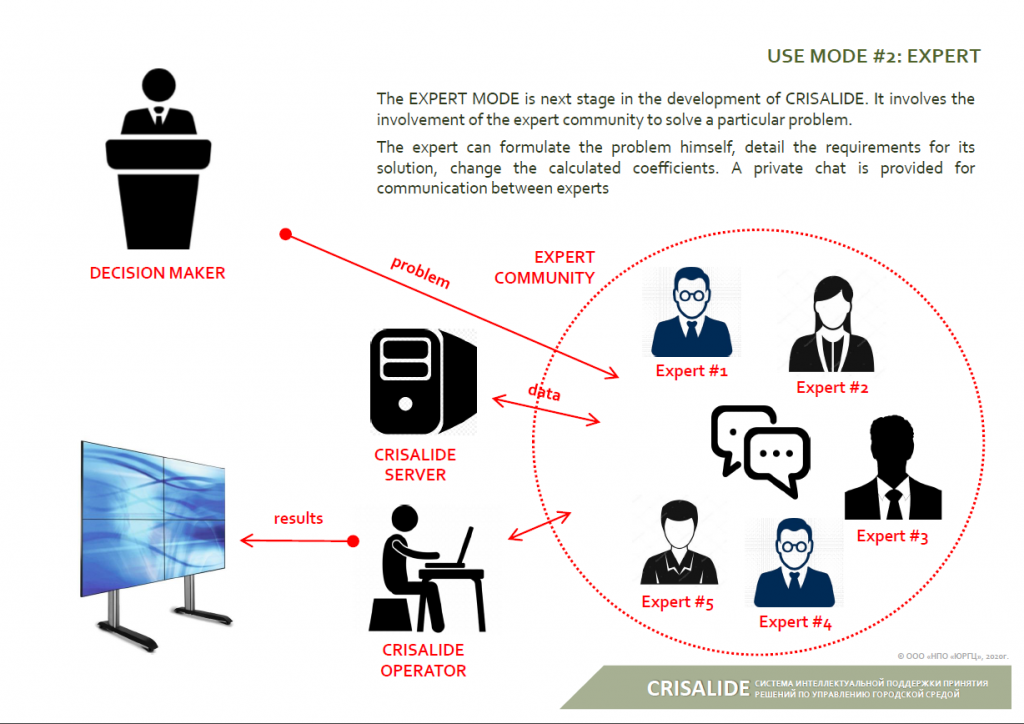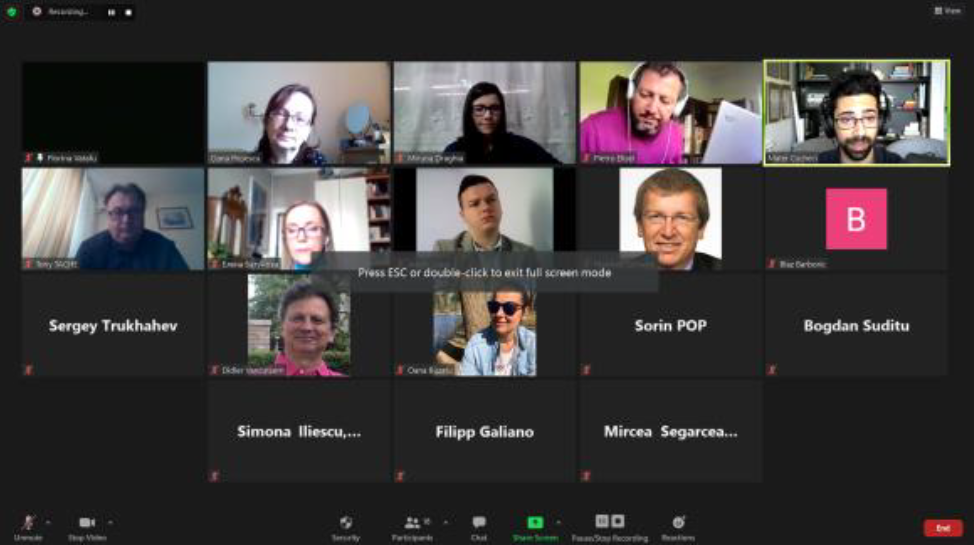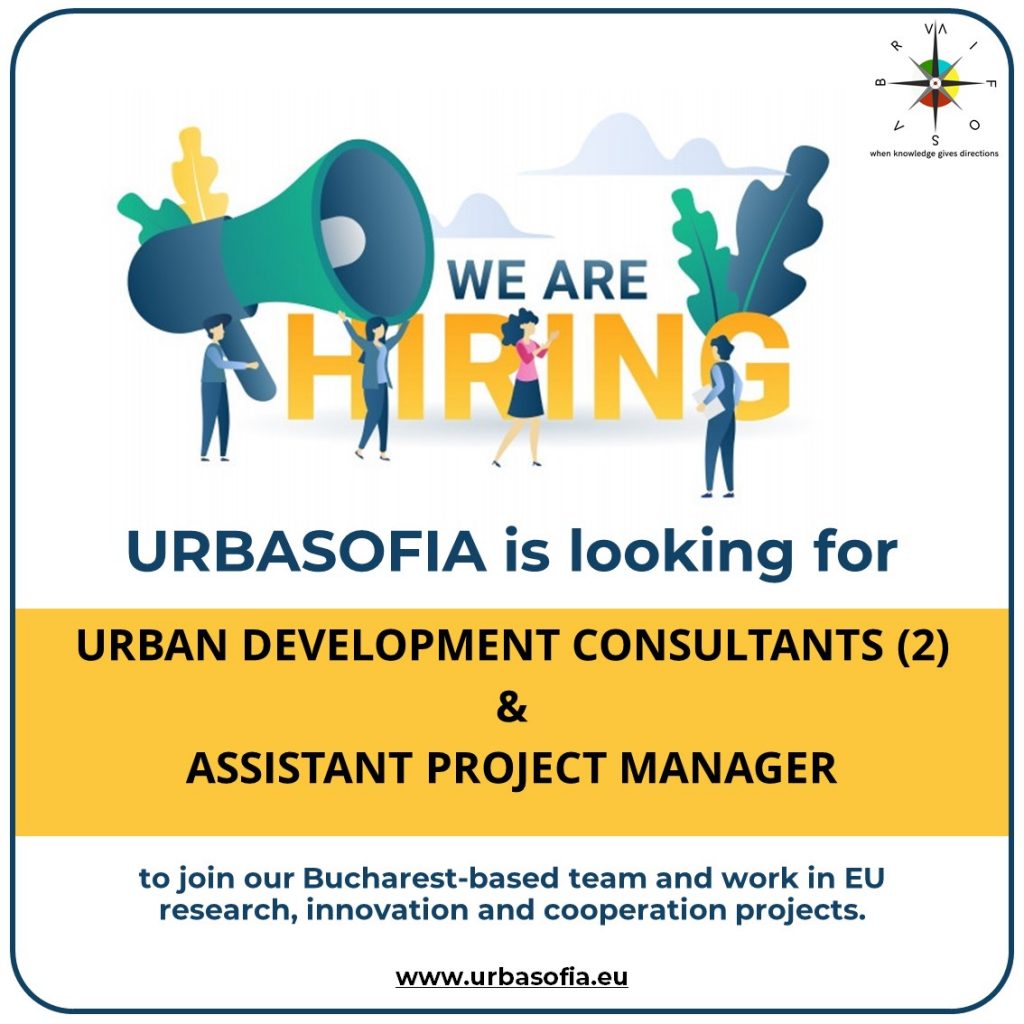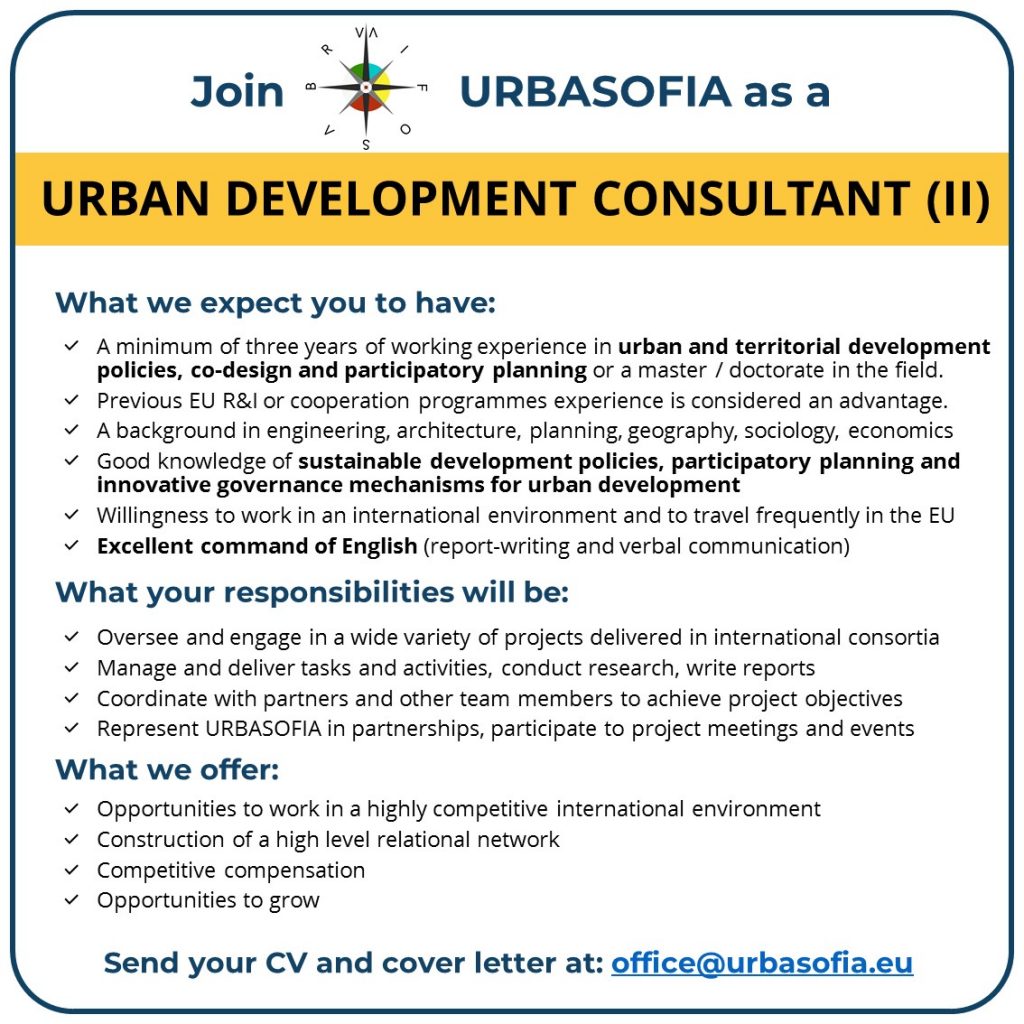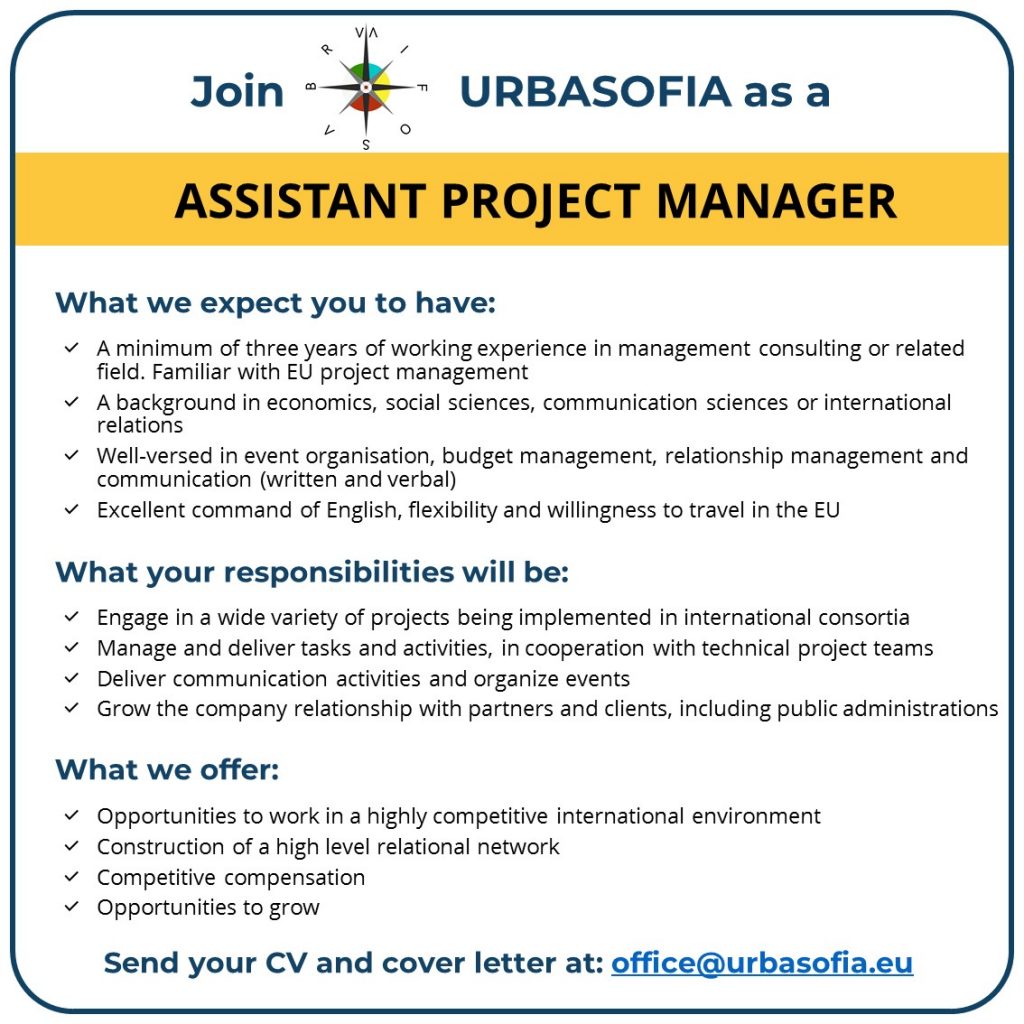Before turning the page, let’s re-read 2020
carefully!
When we urban planners, especially in strategic
planning contexts, emphasize the unpredictability of events, we refer to
situations such as those that 2020 brought us with COVID19. However, I do not
want to talk to you about this topic, I think too many words have been spent,
when perhaps, in the face of certain situations, the silence of reflection is
worth more. I think for the moment, it is more important trying to understand
what needs to be changed, now, to prevent these situations from happening,
repeating more frequently in the years to come.
We, who deal with the city, with how to
organize its administration, design its spaces, imagine its services and so on,
must be aware of the fact that cities are the great defeats of this 2020. The
model of the contemporary city has shown everyone their flaws. The city has
been laid bare. The limits and risks of urbanization have become evident. The
urbanization of many areas of the planet means only informality,
peripheralization, exploitation for many people and growth in disparities.
The enthusiasm of the many who invest in
themselves and their wealth to find redemption, a different life in the city,
is often disappointed. They leave the countryside to usually end up having to
manage a life of hardship and live in situations of informal transition, in a limbo
that is neither hell nor heaven: permanent transition areas where the hardest
challenges to face are generated, and which we are often unable to face; but where a disease, for which we have not yet started studying the
vaccine, is evident: the disparity.
Inequality has an enormous creative and
generating force: ethnic conflicts, infectious diseases, terrorism, impacts on
the climate, energy insecurity, food and water scarcity, migration flows are
consequences of an inequitable model of planetary development that is still far
from creating resilient and sustainable models.
Where to place our contribution as urban
planners?
Obviously, there is no single answer. From the
Urbasofia laboratory we observe the change in our profession. A change that
holds two apparent contradictions together, but which instead are strongly
linked and generate synergy:
• A renewed attention to the physicality of the
territory (Green Deal, Nature Based Solutions, Cultural Heritage Valorization,
Place making…).
• A strong need to work at a high and
intangible level of coordination and integration of the values structuring
territorial governance (just transitions of territorial policies, requirements
to promote and manage multi-actor decision-making processes, rethinking the
mechanisms of urban and territorial governance in a multi-scalar way …).
On the one hand, we talk about a strong
materialization of our discipline, on the other a strong call to return to thinking about the
principles of planning, the frameworks that structure decision-making
relationships at the basis of sustainable and coherent development.
I take the opportunity of this year-end
newsletter to thank all the people and institutions, more and more, who have
chosen to work together with Urbasofia, who have placed their trust in our
ideas and our services. Finally, a big hug to all the Urbasofia team, to the
seniors, now international professionals, and to the newcomers. I have not met in
person many of the new researchers and planners hired this year in the team,
due to the pandemic; to them, with whom I have
interacted only through the computer screen, I want to say that I hope to meet
them in person soon and to be protagonists, together, in many new projects.
Many happy holidays to all readers of our
newsletter and Urbasofia followers in Romania and the rest of the world!
Pietro Elisei
Urbasofia Director
December 2020
